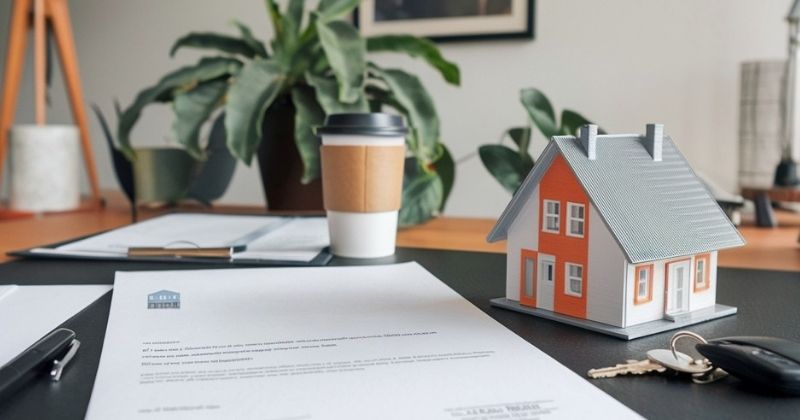
When evaluating a home loan application, lenders review various factors, including your income, savings, employment status, age, and credit history. A significant aspect of this process is your credit score, which influences the interest rate offered on the loan and the deposit amount required. Understanding your credit score before applying for a home loan is essential, as it helps you identify the loan options most suited to your financial circumstances.
Key Takeaways
- Minimum Credit Score Range: Most South African lenders prefer a credit score of 600 to 650 for home loan approval, with higher scores increasing your chances of better interest rates and terms.
- Options for Low Credit Scores: Buying a house with a low credit score is possible by providing a larger deposit, using a guarantor, or exploring alternatives like rent-to-own schemes, micro-lenders, or FLISP subsidies.
- Improving Your Credit Score: Improving your credit score through timely payments and reducing debt can boost your chances of approval and help secure more favourable loan terms.
About Arcadia Finance
Arcadia Finance makes securing your loan easy and stress-free. With zero application fees and a selection of 19 accredited lenders adhering to South Africa’s National Credit Regulator standards, you’ll find dependable options tailored to your unique financial situation.
What is a Credit Score?
For many South Africans, the concept of a credit score is often only partially understood and rarely given much attention. However, the truth is that understanding and managing your credit score is crucial if you hope to secure a home loan with a reasonable interest rate.
A credit score serves as an indicator of your financial history, particularly your repayment behaviour. It helps banks evaluate your level of risk, influencing their decision to approve or decline your credit application.
Credit scores range from 0 to 999, with higher scores reflecting responsible repayment habits. Lenders view a strong credit history as an indicator of low risk, boosting your eligibility for loan approval and granting access to better interest rate offers. Conversely, a lower credit score may lead to a rejection or approval with significantly higher interest rates, as banks perceive such applicants as higher risk.
This makes maintaining a high credit score one of the most important factors for prospective homeowners. You can check your credit score through various financial service providers. If your score is below ideal, it’s essential to take proactive steps to improve it before applying for loans or accumulating additional debt.

What Determines a Credit Score?
A credit score is determined by a credit bureau through an internal risk assessment that evaluates various factors. Each bureau employs its own methodology to calculate a credit score, which forms part of your overall credit report. While your credit score is a key component of the report, it also includes a summary of your financial history, details of your financial accounts, your profile, and your rating.
The calculation of a credit score is based on a combination of factors that provide an assessment of your risk level. These factors include:
- Your repayment history: This tracks whether you have missed payments or paid late, even occasionally. Such instances can negatively impact your score.
- Your employment and financial history: These offer insight into your financial stability over time.
- Your current debt and available credit: The balance between how much you owe and your remaining credit limit is considered.
- The type and frequency of credit applications: This reflects your borrowing behaviour and the diversity of your credit types.
- The age of your accounts: Longer account histories are generally seen as more favourable.
- Any court judgements against you: Legal actions, including blacklisting, are factored into the calculation.
What Is a Good Credit Score?
Your credit score, which ranges from 0 to 999, reflects your financial behaviour and indicates the level of risk for lenders when you apply for loans. While outcomes may vary depending on individual circumstances, the following breakdown provides a general understanding of credit scores and associated risk levels:
| Credit Score Range | Risk Level | Description |
|---|---|---|
| 767 – 999 | Very Low Risk | Considered excellent; lenders view consumers in this range as highly dependable. |
| 681 – 766 | Low Risk | Good credit score; likely to qualify for a home loan without major difficulties. |
| 614 – 680 | Medium Risk | Loans may still be possible, but approval might face some challenges. |
| 583 – 613 | High Risk | Viewed as potential high-risk borrowers; loan approvals are less likely. |
| Below 583 | Very High Risk | Classified as high risk, making it highly unlikely to secure any type of loan. |
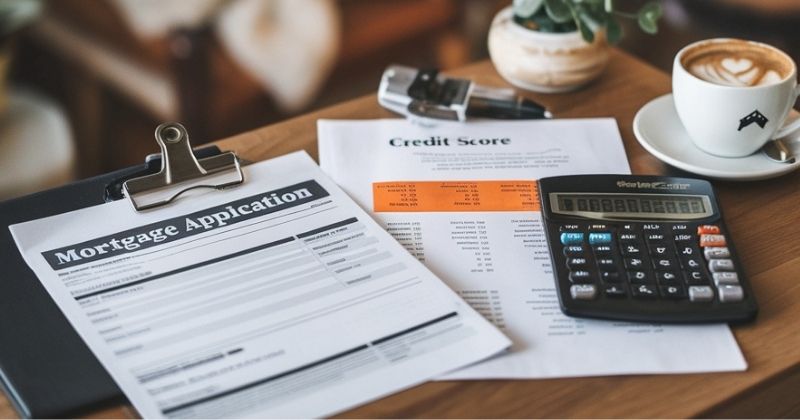
What Credit Score is Required to Qualify for a Home Loan?
Lenders assess each applicant for a home loan based on individual circumstances, which means there is no definitive credit score that guarantees approval. However, your credit score plays a significant role in determining your eligibility, as it reflects your risk level. Generally, a higher credit score – above 600 – increases your chances of approval and may lead to better interest rates. Additionally, lenders may consider your debt-to-income ratio, which should ideally not exceed 36% of your gross income, along with responsible spending habits.
Understanding your credit score is just one piece of the puzzle when preparing to buy a house. To gain a complete view of the journey, check out The Process of Buying a House in 5 Steps. This guide will walk you through everything from saving for a deposit to securing financing and finally getting the keys to your dream home.
What Is the Minimum Credit Score Required for a Home Loan?
In South Africa, the criteria for credit scores vary among lenders. As a result, there is no universally fixed minimum credit score to qualify for a home loan.
Most South African lenders do not publicly disclose their credit requirements, and each lender uses unique calculations to assess an applicant’s loan eligibility.
However, credit bureaus provide guidelines that individuals can use to gauge their standing. By checking their credit scores, potential borrowers can determine whether they have a reasonable chance of being approved for a loan.
Can You Qualify for a Home Loan with Bad Credit?
If your credit score is poor, larger financial institutions may hesitate to approve your application due to concerns about your financial history. However, while it may be challenging, qualifying for a home loan with bad credit is not impossible.
In such cases, it’s crucial to take steps to improve your credit score. Focus on gradually building your credit by following practical strategies.
If your credit score is holding you back from buying a pre-built home, why not explore the possibility of building your own? Learn How Much It Costs to Build a House in South Africa and see how this option compares financially and credit-wise to buying a home.
Examples of Minimum Credit Score Requirements by Major South African Banks
When it comes to buying a house in South Africa, different banks have varying minimum credit score requirements for home loan applications. These requirements ensure that borrowers have a track record of managing credit responsibly and can handle the financial responsibility of a mortgage. Here’s a closer look at the credit score expectations of some of South Africa’s major banks:
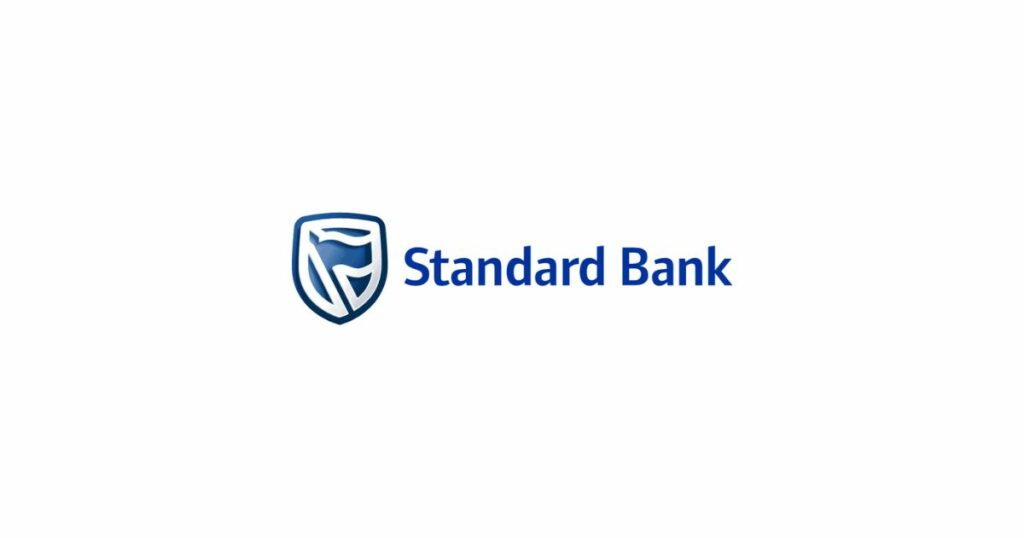
Standard Bank
Standard Bank generally requires a credit score of at least 600 to 650 to qualify for a home loan. However, applicants with a score closer to the lower end of this range may face higher interest rates or stricter loan terms. A higher credit score (e.g., above 700) improves your chances of approval and may unlock better rates.

First National Bank (FNB)
FNB typically considers applicants with a minimum credit score of 620 for home loan approval. While this is the baseline, FNB often reviews additional factors like your income, employment history, and debt-to-income ratio. Borrowers with stronger credit profiles are more likely to secure favourable loan terms, including competitive interest rates.
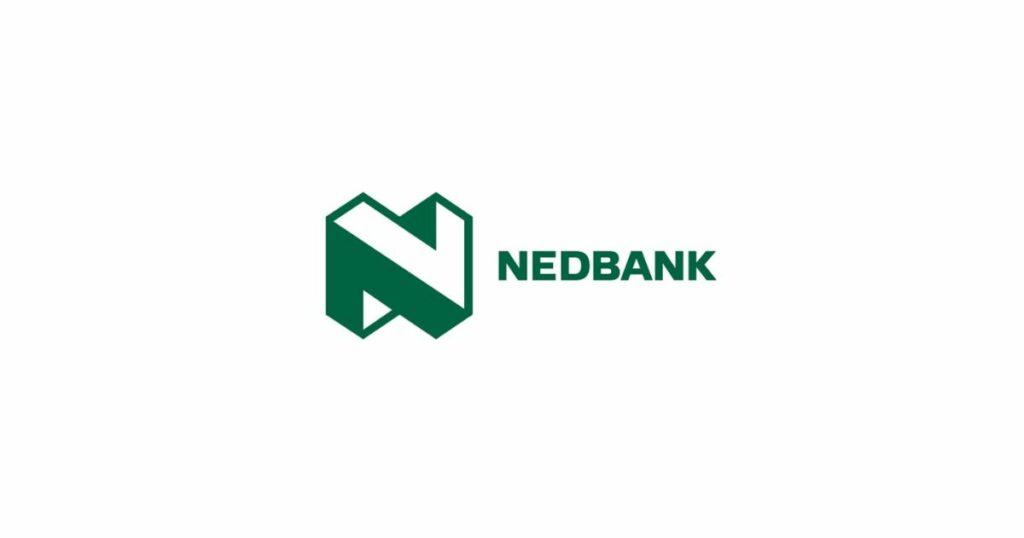
Nedbank
Nedbank usually requires a credit score of 580 to 650 as the minimum for a home loan application. Those at the lower end of the spectrum may still qualify, but they may need to provide a larger deposit or meet stricter affordability criteria. Borrowers with higher scores are often rewarded with lower interest rates and more flexible repayment options.
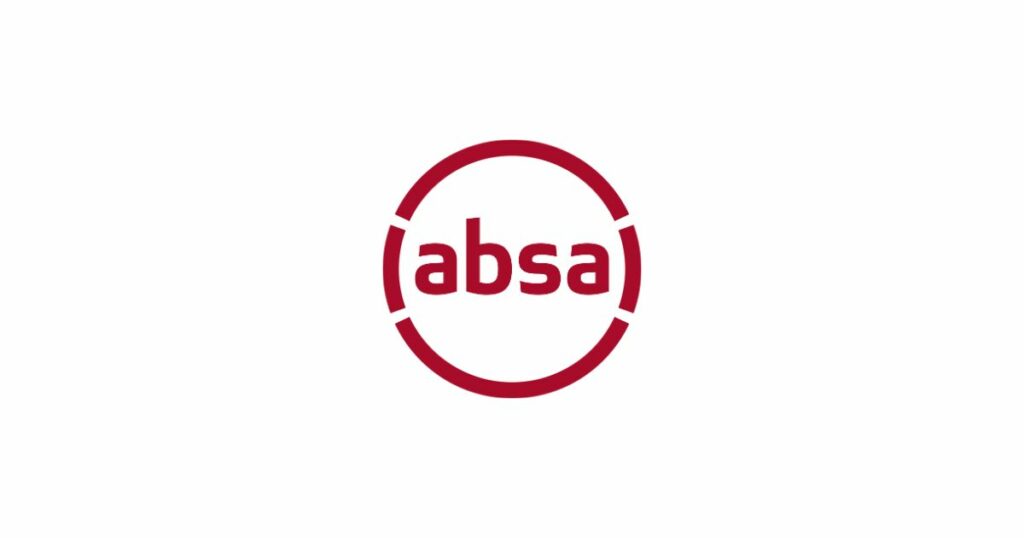
ABSA Home Loan
ABSA tends to set its minimum credit score requirement at 600, although applicants with scores slightly below this may still be considered if they can demonstrate strong affordability or provide a substantial down payment. ABSA also offers special home loan packages for first-time buyers, where credit score requirements may differ slightly depending on the terms.
Your credit score plays a major role in determining whether you qualify for a home loan—but what if your financial situation changes after you’ve secured one? Can South African Banks Really Lock You Out of Your Home? explores the consequences of falling behind on mortgage payments and what homeowners need to watch out for.
Can You Buy a House with a Low Credit Score?
Yes, you can buy a house with a low credit score in South Africa, but it often requires meeting additional conditions such as providing a larger deposit, having a guarantor, or demonstrating strong affordability. Some banks offer specialised home loan options for individuals with poor credit, although these typically come with higher interest rates. Non-traditional options like rent-to-own schemes may also be available. Improving your credit score before applying is the best way to increase your chances of approval and secure more favourable terms.

Alternative Lending Options for Low Credit Scores
For South Africans with poor credit scores, securing a home loan through traditional banks can be difficult. However, alternative lending solutions, such as micro-lenders, government-backed housing schemes, and non-traditional lenders, provide viable options for those with unique financial circumstances.
Micro-Lenders
Micro-lenders offer smaller loans with flexible criteria, focusing on factors like employment and income rather than just credit scores. While interest rates are typically higher, they provide an option for borrowers who don’t meet traditional requirements.
Government-Backed Housing Schemes
Schemes like the Finance Linked Individual Subsidy Programme (FLISP) assist first-time homebuyers by offering subsidies for deposits or reducing loan amounts. These programmes are ideal for those earning too much for RDP housing but not enough for traditional loans.
Non-Traditional Lenders
Certain financial institutions cater specifically to those with poor credit, offering tailored loan products and flexible terms. Some also provide financial advice to help borrowers improve their financial health.
Conclusion
Understanding the minimum credit score required to buy a house in South Africa is vital for prospective homebuyers. A higher credit score not only increases the chances of loan approval but also results in more favourable interest rates and terms. While those with poor credit may face challenges, alternative lending options like micro-lenders and government-backed schemes provide viable pathways to homeownership. Taking proactive steps to improve your credit score, such as managing debt responsibly and maintaining timely payments, is essential to strengthen your financial position and achieve your homeownership goals.
Frequently Asked Questions
There is no universally fixed minimum credit score, as lenders consider a variety of factors. However, a credit score above 600 generally improves your chances of approval. A score of 681 or higher is typically regarded as good, enabling you to secure a home loan with more favourable interest rates and terms.
Yes, although it may be more difficult. Applicants with poor credit can consider alternative options such as micro-lenders, non-traditional lenders, or government-backed schemes like FLISP. These options are tailored for individuals who may not meet traditional loan criteria but still wish to achieve homeownership.
You can check your credit score through credit bureaus such as TransUnion, Experian, or ClearScore. Many of these services provide a free annual credit report, while others offer subscription-based tools for ongoing monitoring and advice to help you manage your credit profile.
Your credit score is influenced by several factors, including your repayment history, total debt levels, the age and type of your credit accounts, and your credit utilisation ratio. Negative records, such as missed payments or court judgements, can also have a significant impact on your score.
The Finance Linked Individual Subsidy Programme (FLISP) is a government initiative designed to assist first-time homebuyers earning between R3 501 and R22 000 per month. It provides subsidies that can be used as a deposit or to reduce the loan amount, making it easier to qualify for a home loan and reducing the overall cost of purchasing a home.
Fast, uncomplicated, and trustworthy loan comparisons
At Arcadia Finance, you can compare loan offers from multiple lenders with no obligation and free of charge. Get a clear overview of your options and choose the best deal for you.
Fill out our form today to easily compare interest rates from 16 banks and find the right loan for you.



